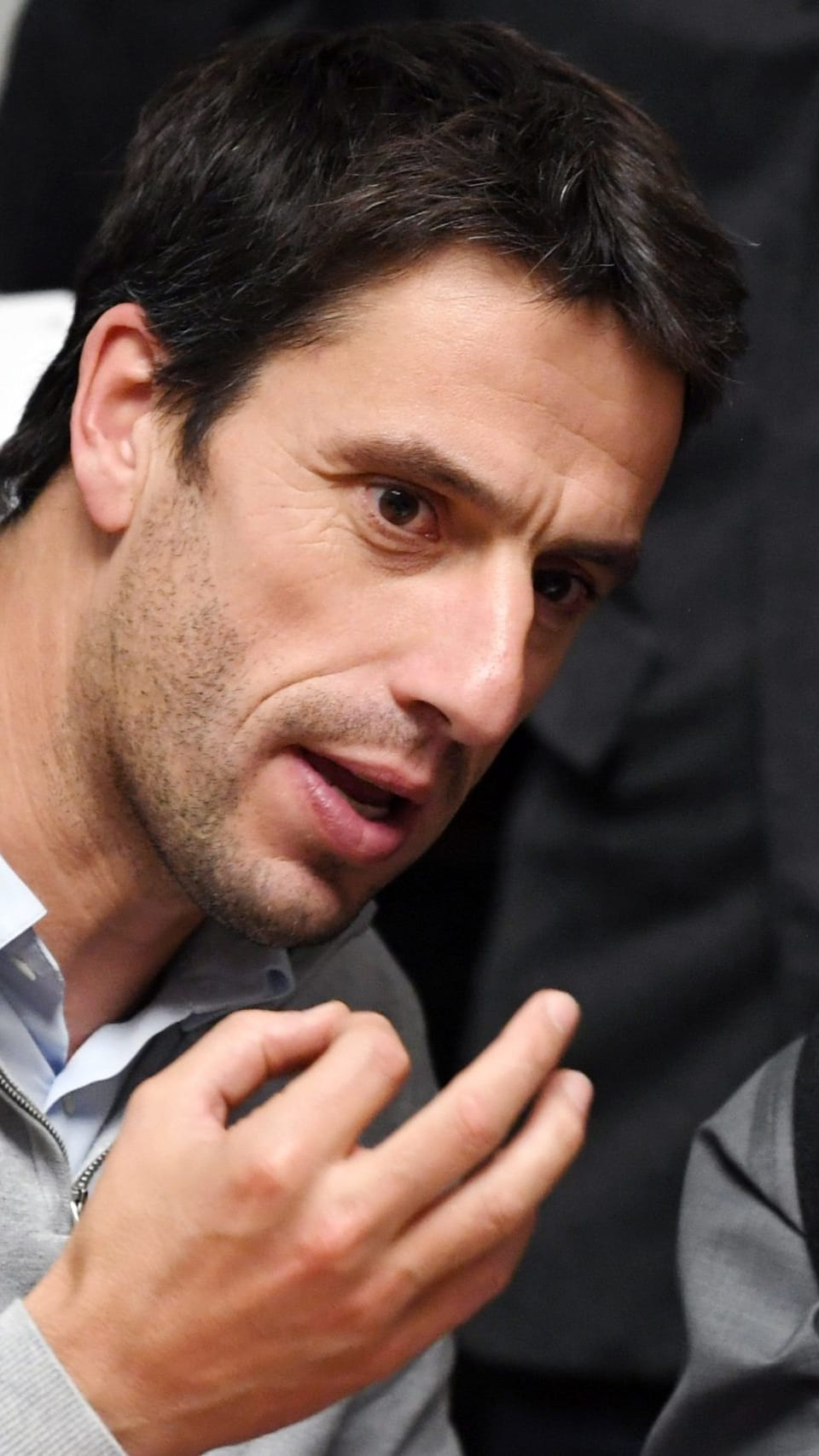
The Social And Solidarity Economy: Fertile Ground For The Future With Paris 2024
“They are more than Games now: in the wake of this crisis, Paris 2024 is becoming a symbol.” This was Nobel Peace Prize laureate Muhammad Yunus’s opening statement during the SSE 2024 Strategic Committee meeting on 27 May 2020. In the midst of the Covid-19 worldwide pandemic, Paris 2024 President Tony Estanguet, SOLIDEO CEO Nicolas Ferrand, Professor Yunus and Les Canaux President Eric Pliez gathered all the stakeholders in the Olympic and Paralympic Games to reassert, more than ever, the role that the SSE sector will play in organising the Games.
Tony Estanguet pointed out that “We are emerging from this crisis stronger, and are determined to deliver the Games with the Social and Solidarity Economy sector.”
The SSE bridges the gaps between economic and social goals, is all about people and is eminently flexible. So it has a lot in common with [Paris 2024](Story: integrating-the-social-and-solidarity-economy /en/paris-2024/our-commitments/taking-part/social-solidarity-economy) and is at the core of the project. Professor Yunus underlined the fact that the SSE “creates business that solves problems, not that creates new ones.”
SSE organisations were on the front line pushing back against the epidemic. Some managed to adapt and provide emergency relief, for example by making masks, reaching out to people in vulnerable circumstances and helping out in the places that were hit the hardest. But most of them have suffered from the economic and social downturn: over 60% of non-profits are at a standstill today.
The budget for the Games amounts to €5 billion (Paris 2024 + SOLIDEO). So now even more than before, Paris 2024 represents an opportunity to stimulate a number of economic sectors and open up possibilities for many stakeholders.
The figures for the first year speak for themselves
The SSE 2024 scheme started up in 2019. It is led by Les Canaux, a non-profit, and the Yunus Centre, who are liaising with government agencies and local authorities. Its goal is to connect with SSE organisations, inform them and help them earn contracts relating to the Games.
One year on, it is in touch with more than 1,200 companies and working side by side with them throughout the process. It is talking to buyers about opening up more opportunities for SSE bidders in their calls for tenders, helping SSE organisations team up in consortia (with regular businesses or other SSE players) and encouraging companies that have been awarded contracts to subcontract some of the work to SSE organisations.
15% of Paris 2024 contracts: 95 SSE organisations have been awarded contracts directly or as part of a consortium, in a variety of areas ranging from food and beverage to waste management and on to reception, consulting, construction and beyond. This share will shrink mechanically when Paris 2024 calls for tenders on more complex projects (so far, we have only published 3% of the calls for tenders and will be publishing the main large-scale ones closer to the Games). But the fact remains that the people organising the Games are keen on encouraging large companies to team up and work with SSE organisations.














